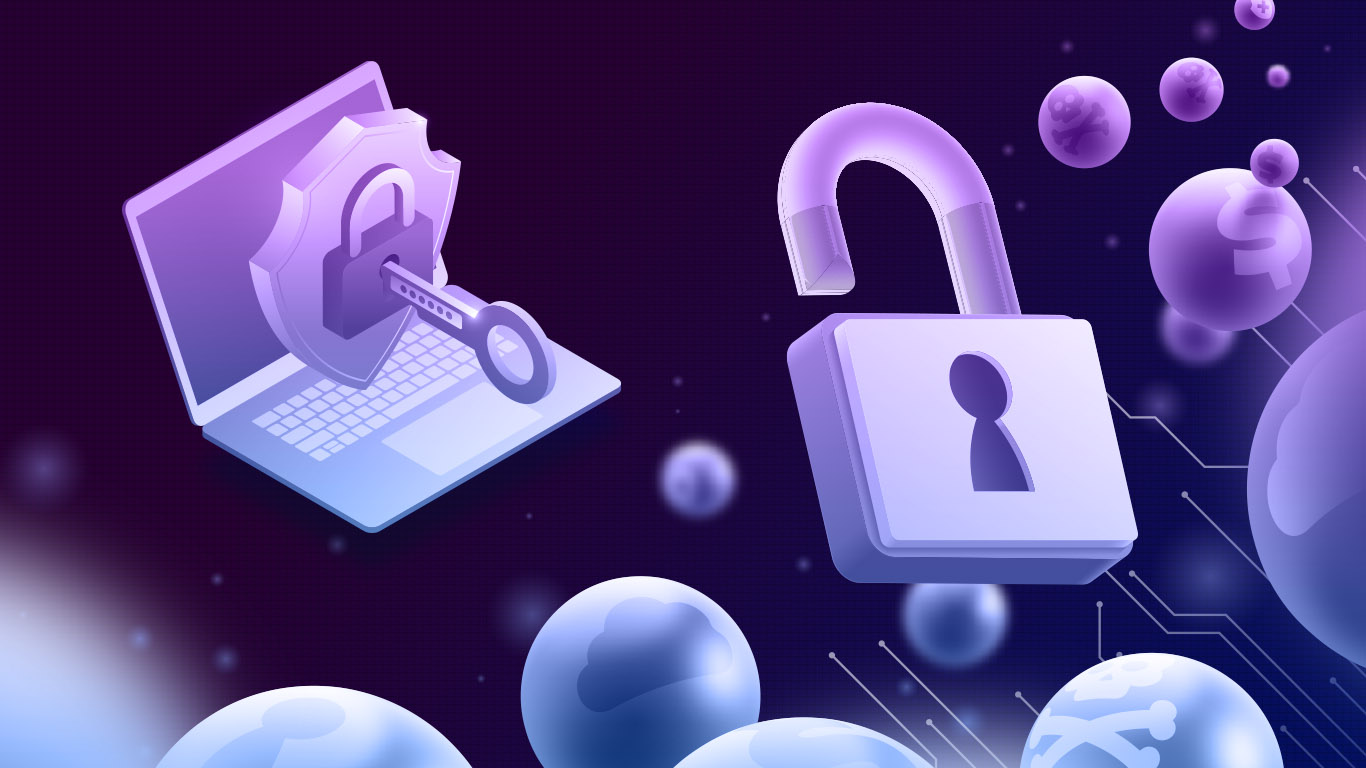
Understand Data Breaches to Become a Trustworthy Company
Thursday, 04 March 2021
In the digital era, data has become one of the most important components in a company. Therefore, the occurrences of data breaches can pose a serious threat to an organization. Data breaches are known as the act of disclosing confidential information, whether intentional or unintentional to unauthorized parties. It can lead to reputational damage and significant financial loss for the company.
What is Personal Data Breach?
A large amount of customers personal data is commonly stored electronically by companies or organization. These personal data are valuable and might contain names, addresses, phone numbers, credit card numbers and other confidential data of customers. Unfortunately, as the world is going digital, threats to information security increase and personal data are likely become the target for data breaches. A personal data breach is defined as a security breach that causes unauthorized disclosure or access to personal data transmitted, stored or processed. Personal data breaches could be categorized into three breaches: confidentiality, availability, and integrity.
First, confidentiality breach defines as a disclosure of data or private information to a third party without data owner’s consent. This is the most common type of data breaches encountered. Then, availability breach is known as an accidental loss of access to/or destruction of personal data such as accidental deletion of data by an unauthorized person. Lastly, integrity breach defines as an unauthorized or accidental alteration of personal data such as altering business data to affect decision-making, and many more.
Things to be Taken When a Data Breach Occurs
In every company, data breaches are not expected to happen. However, there are several actions that could be taken by a company if a data breach does occur. First, notify the competent supervisory authority regarding the personal data breach no later than 72 hours after becoming aware of it. After that, when the personal data breach is likely posing a high risk to the rights and freedoms of natural persons, the data controller shall communicate the breach to the data subject immediately. Then, the data controller should also ensure that all breaches are recorded and documented along with the facts regarding the breach, its effects and the remedial action taken.
Prepare Your Own Data Breach Response Plan
As companies expand their business, they would likely increase the opportunity to reach and gain more customers. Along with the opportunity, companies also take on greater responsibility for protecting customers’ personal data from security attacks, so they can deliver the best and most personalized value to their customers.
In addition, companies that incorporate a breach response plan to protect personal data will position themselves as trustworthy. A data breach response plan is a course of action intended to reduce the risk of unauthorized data access and to mitigate the damage caused if a breach does occur. There are several benefits provided by data breach response plan such as give companies a clear plan of action when a data breach occurs, create a company culture that prioritizes data security and compliance, as well as build customer trust and provide competitive advantages over competitors.
Reference:
Phua, C. (2009). Protecting organisations from personal data breaches. Computer Fraud & Security, 2009(1), 13-18.
Dellei, L. (2018). Data Breach Preparation and Response in Accordance With GDPR. ISACA. Retrieved From: https://www.isaca.org/resources/news-and-trends/isaca-now-blog/2018/data-breach-preparation-and-response-in-accordance-with-gdpr